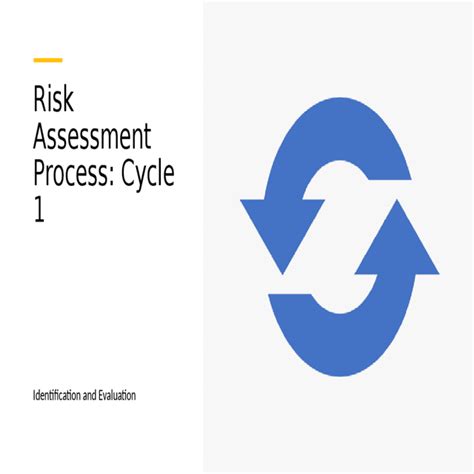Introduction
The possibility of Florida State University (FSU) joining the Southeastern Conference (SEC) has been a subject of speculation and debate for years. With the recent expansion of the SEC, the topic has once again gained traction. This article aims to provide a comprehensive analysis of the potential benefits and drawbacks of FSU joining the SEC. By examining various aspects, including financial implications, competitive landscape, and academic reputation, this article will offer a balanced perspective on this complex issue.

Financial Implications
Increased Revenue: Joining the SEC would likely lead to a significant increase in revenue for FSU. The SEC is one of the most lucrative conferences in college athletics, and FSU would share in the increased television and media rights revenue that comes with membership. According to a report by the Knight Commission on Intercollegiate Athletics, the SEC distributed $455 million to its member schools in 2021. This revenue could be used to enhance athletic facilities, provide additional scholarships, and support academic programs at FSU.
Higher Ticket Prices: While increased revenue is a potential benefit, it is important to consider the potential impact on ticket prices. The SEC is known for its high-priced tickets, and FSU fans could face increased costs to attend home games. This could affect attendance, especially for families and low-income fans.
Competitive Landscape
Enhanced Competition: Joining the SEC would expose FSU to a higher level of competition. The SEC is home to some of the top football and basketball programs in the country, including Alabama, Georgia, Auburn, and Kentucky. This would provide FSU with opportunities to face off against elite opponents on a regular basis, potentially improving the quality of play and the national profile of FSU athletics.
Increased Travel Costs: The SEC is a large conference with teams located across the southeastern United States. FSU would have to travel long distances to play away games, which could increase travel expenses and put a strain on student-athletes and staff. Additionally, the increased travel could limit the amount of time available for academic pursuits.
Academic Reputation
Enhancement of National Profile: Joining the SEC could enhance FSU’s national profile and reputation. The conference’s high visibility and large following would provide FSU with a platform to showcase its academic programs and research initiatives. This could attract top students and faculty to FSU, strengthening its position as a leading research institution.
Potential for Academic Conflicts: While joining the SEC could provide academic benefits, it is important to consider the potential for conflicts with the university’s academic calendar. The SEC football season runs from late August to early December, which overlaps with the fall semester at FSU. This could create scheduling challenges for student-athletes, forcing them to miss classes or take exams at inconvenient times.
Stakeholder Perspectives
Student-Athletes: Student-athletes would have the opportunity to compete at the highest level of college athletics and showcase their abilities on a national stage. However, they would also face increased academic challenges and travel demands. It is crucial to ensure that FSU provides adequate support and resources to help student-athletes succeed both academically and athletically.
Fans: FSU fans would likely be excited about the prospect of joining the SEC. The increased competition and national exposure would provide fans with opportunities to witness top-tier athletic contests. However, fans should also be prepared for potential increases in ticket prices and travel expenses.
Alumni: FSU alumni would likely view the move to the SEC as a sign of progress and enhanced prestige. The increased national profile could strengthen the university’s alumni network and provide graduates with more opportunities for career advancement.
Step-by-Step Approach to Evaluation
To thoroughly evaluate the potential benefits and drawbacks of FSU joining the SEC, a step-by-step approach should be taken:
- Conduct a Cost-Benefit Analysis: Determine the potential financial impact of joining the SEC, including increased revenue, higher ticket prices, and travel costs.
- Assess the Competitive Landscape: Examine the level of competition within the SEC and the potential impact on FSU’s athletic programs.
- Consider the Academic Implications: Evaluate the potential impact on the university’s academic calendar, student-athlete schedules, and faculty recruiting.
- Gather Stakeholder Input: Seek feedback from student-athletes, fans, alumni, and faculty members to understand their perspectives and concerns.
Conclusion
The decision of whether or not FSU should join the SEC is a complex one with both potential benefits and drawbacks. By carefully considering the financial implications, competitive landscape, academic reputation, and stakeholder perspectives, FSU can make an informed decision that is in the best interests of the university and its constituents. A thorough analysis and stakeholder engagement will be essential in guiding the decision-making process.
